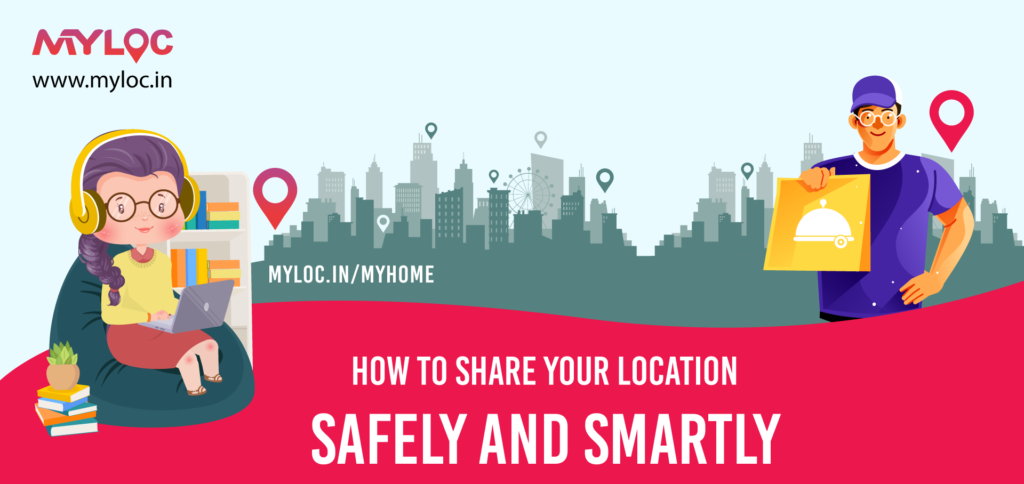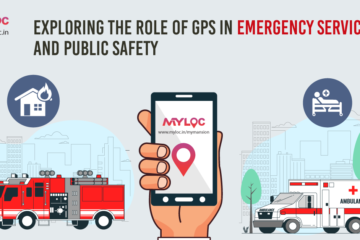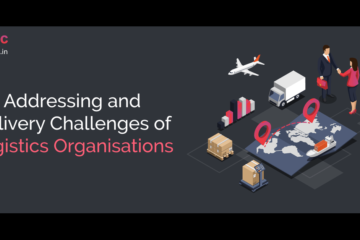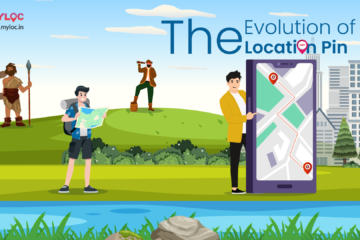
With the smartphone revolution, everything humans desire is at their fingertips to be available at their doorsteps. So, sharing your location has become a common practice in this hyper-connected world, whether with delivery agents or friends and family members.
The common ways of sharing location
Usually, the address is shared in a written or text-based format with proper details that include the flat or house number, building name or number, street name, nearby reference point, city name, state name, and the region-based pin code. The address shared can be confusing, given the similarity in the names of different streets which are similar or localities with same names and the diversity in the block numbers and main roads. Generally, the address details are shared through WhatsApp or any other communication platform with delivery agents, friends, or family members. The respective recipients then use Google Maps and follow the directions. When any confusion arises on reaching the destination, the respective individual prefers to call or communicate with the concerned person or ask the people in the vicinity to confirm the accuracy of a specific location or reach a particular destination.

The digital address system and location pin
With several location-sharing applications in the market, the digital address system is being used frequently. Beyond the long-written format of address communicated in verbal, written, or digital format, applications like WhatsApp support location-sharing features, where one can share current location with accuracy up to 10 meters. Live locations can also be shared for 15 minutes, 1 hour, and 8 hours based on users’ choices. The application also gives a feature to write a specific comment while sharing the location in both formats. This helps to build a little clarity, and the user gets to see two icons in a live location, where it is easy to understand the distance between two people. The location shared on WhatsApp can not only be opened with Google Maps but also with travel applications like Uber, Rapido, Ola, and Tummoc, and by food delivery applications like Zomato. All these applications have streamlined the digital address system to add to the convenience of navigation.
Simplifying Addresses for Better Access
Digital location pin is another way to share the address with location-sharing apps like MyLoc, Pataa, etc., where lengthy addresses can be converted into a personalized pin with few characters. This helps to simplify navigation and gives more convenience to delivery agents, service professionals, and friends and family members desirous of visiting a specific location. This digital location pin created on MyLoc is free and has several utilitarian purposes like making event invites, smaller digital address records, etc. With advanced features available now on the application, one can find detailed information about a specific location. This includes the nearest shopping malls, restaurants, hotels, fuel stations, and weather reports. This location-sharing application can also give clarity on the exact distance between two location pins.
Privacy and Safety concerns
With the world becoming a global village, there is a rising concern for privacy and safety, especially for location-sharing. Social media applications like Instagram, Facebook, etc., have features like geo-tagging, where our exact location is easily available for all the followers in the account. This is a safety concern, and one needs to be cautious while sharing addresses. Also, one should only use such location-sharing applications with robust security features, like MyLoc, and maintain privacy for all the personal data shared on the application.

By choosing reliable apps, customizing settings, and maintaining open communication with trusted individuals, you can enjoy the benefits of location sharing without compromising your privacy and security. Remember, the key is to be aware, be in control, and use technology in a way, that aligns with your comfort level and personal boundaries.



0 Comments